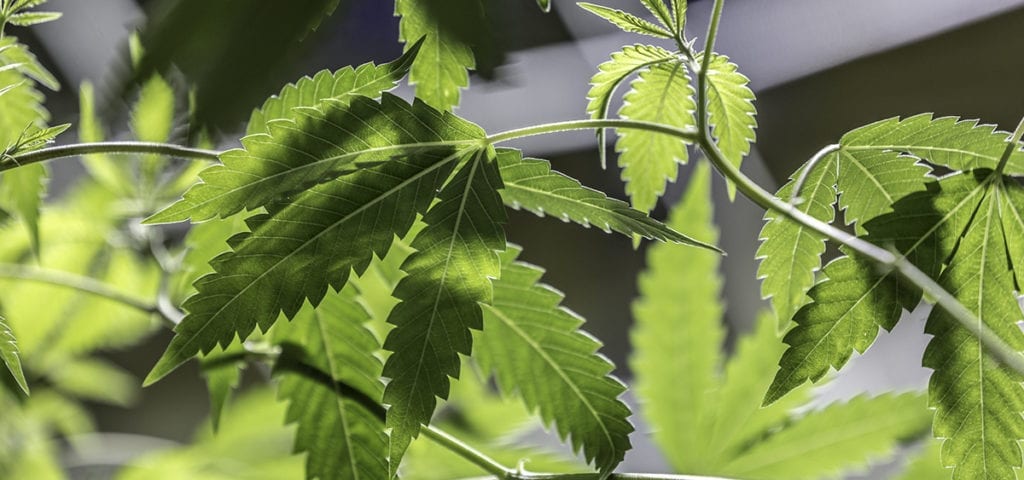Georgia Gov. Brian Kemp, a Republican, has signed a bill overhauling the state’s medical cannabis program, allowing in-state production and sales for the low-THC products allowed under the regime, the Newnan Times-Herald reports. The former law allowed registered patients to possess the oil but there was no way to produce or purchase it in the state.
The measure creates the Georgia Access to Medical Cannabis Commission that will oversee production and dispensing licenses for the program. The Georgia Board of Pharmacies will create the rules for pharmacies interested in selling the oil. Notably, the bill allows the University of Georgia and Ft. Valley State University to apply for a federal license to grow cannabis for the program, despite cannabis’ Schedule I status under the Controlled Substances Act.
Jillian Wooton, an advocate whose son suffers from Dravet syndrome, told the Times-Herald that the bill’s passage wouldn’t have happened without the support of Kemp. During her work on Kemp’s campaign, she says he got to know her son and, while she doesn’t know for sure if that helped, she believes “meeting people first-hand has some effect.”
After the bill’s passage earlier this month, Kemp called the bill “the right thing to do,” citing his experiences with young patients and their families.
Previously, Kemp had been opposed to in-state cultivation but he did help guide the newly enacted reforms through the state legislature. Wooton noted that there will be some fine-tuning to the program, “But for the most part, this is what we needed,” she said.
It’s estimated that it will take between 18 to 24 months before Georgia-produced oil is available to patients.
The bill creates two classes of cultivators: class one for large operations and class two for small businesses. Class one operators would be allowed to cultivate, process flower into oil, and operate up to five dispensaries. Class two businesses are capped at 20,000 square feet of cultivation and can operate up to three dispensaries. The class one businesses are expected to be able to invest at least $10 million into the state.
The measure does not raise the THC content permitted in medical cannabis products.
Get daily cannabis business news updates. Subscribe
End



